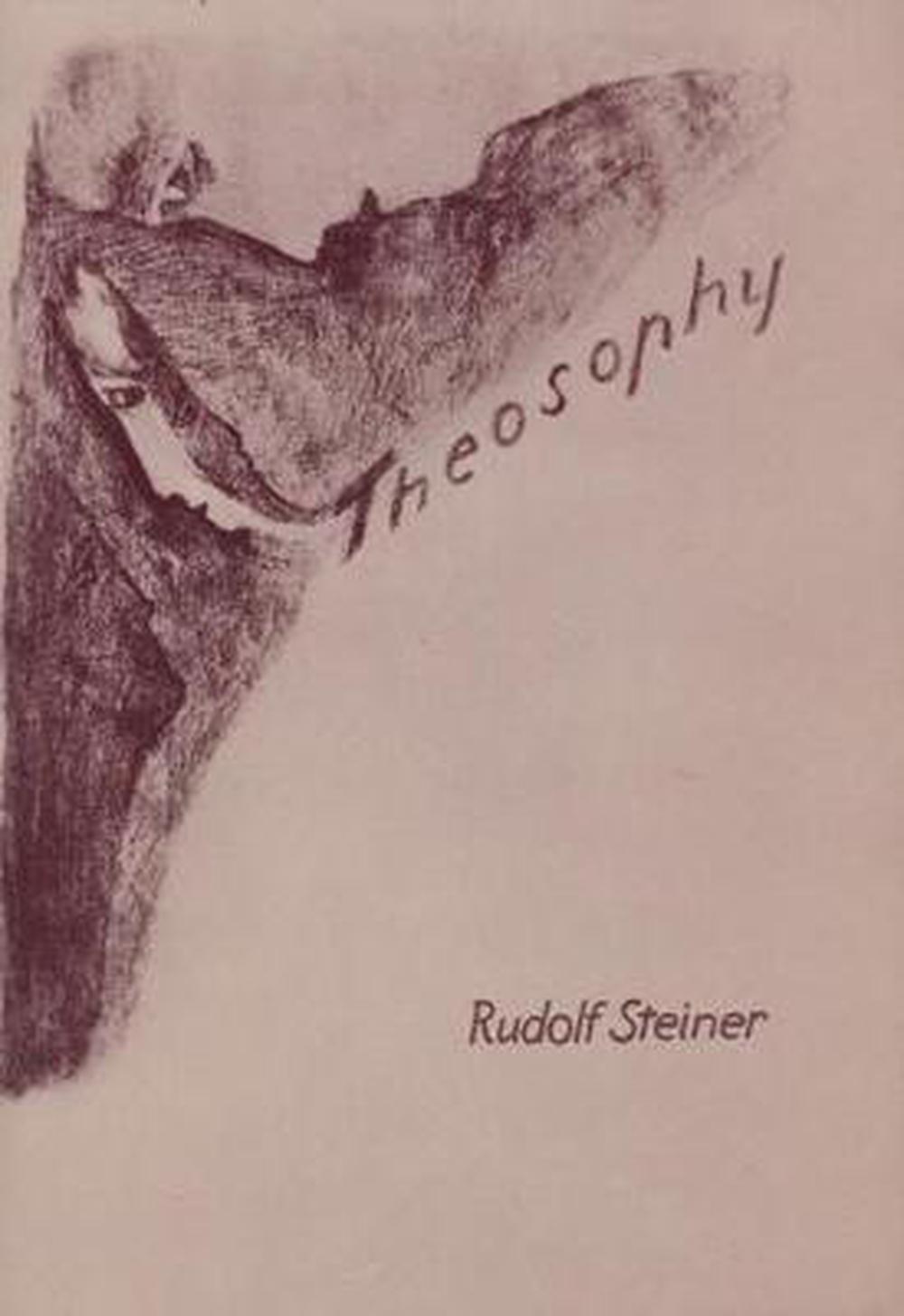
Theosophy
by Rudolf Steiner, Henry B. Monges
Written in 1904 (CW 9)
Theosophy is a key work for gaining a solid footing in spiritual reality as described by Rudolf Steiner. It is organized into four parts. First, Steiner builds a comprehensive understanding of human nature: physical bodily nature; soul qualities; spirit being, or I-being; and the higher spiritual aspects. This leads us to Steiner's description of the human being as sevenfold:
- Material, physical body
- Ether body, or body of life forces
- Sentient soul body
- Mind soul
- Spirit-filled consciousness soul
- Life spirit
- Spirit body (or spirit man)
In the next section, Steiner offers an extraordinary overview of the laws of reincarnation and the principles of karma, as we pass from one life to the next. This prepares us for the third section, in which he shows the various ways in which we live--during life on earth and after death and in the three worlds of body, soul, and spirit.
Finally, we are given a succinct description of the path of knowledge, along which each person can begin to understand the marvelous and harmonious complexity of the psycho-spiritual worlds in their fullness.
This volume is a translation of " Theosophie, Einfuhrung in ubersinnliche Welterkenntnis und Menschenbestimmung " (GA 9).
Paperback
English
Brand New
Author Biography
Rudolf Steiner (1861-1925) was born in the small village of Kraljevec, Austro-Hungarian Empire (now in Croatia), where he grew up (see right). As a young man, he lived in Weimar and Berlin, where he became a well-published scientific, literary, and philosophical scholar, known especially for his work with Goethe's scientific writings. At the beginning of the twentieth century, he began to develop his early philosophical principles into an approach to systematic research into psychological and spiritual phenomena. Formally beginning his spiritual teaching career under the auspices of the Theosophical Society, Steiner came to use the term Anthroposophy (and spiritual science) for his philosophy, spiritual research, and findings. The influence of Steiner's multifaceted genius has led to innovative and holistic approaches in medicine, various therapies, philosophy, religious renewal, Waldorf education, education for special needs, threefold economics, biodynamic agriculture, Goethean science, architecture, and the arts of drama, speech, and eurythmy. In 1924, Rudolf Steiner founded the General Anthroposophical Society, which today has branches throughout the world. He died in Dornach, Switzerland.
Henry Babad Monges (1870-1954) was born in Texas. As a student of architecture, he received M.S. degrees from the U. C. Berkeley and also graduated from the California School of Design with a teaching certificate. At twentythree, Monges joined the Theosophical Society; twenty-one years later, he resigned over his dissatisfaction with the society's leadership. In 1915, Henry married Madeleine (Maud) Breckenridge. That year, he also encountered Anthroposophy, to which he dedicated the rest of his life. Henry was instrumental in establishing Anthroposophy and the Anthroposophical Society in North America. In 1922, Henry and his wife Maud began publishing anthroposophic works from their home in Highland, New York, which led to founding Anthroposophic Press (now SteinerBooks). Henry worked tirelessly for the remainder of his earthly life to make Rudolf Steiner and Anthroposophy known in North America. He died in New York City at the age of eighty-five.
Long Description
Written in 1904 (CW 9) Theosophy is a key work for gaining a solid footing in spiritual reality as described by Rudolf Steiner. It is organized into four parts. First, Steiner builds a comprehensive understanding of human nature: physical bodily nature; soul qualities; spirit being, or I-being; and the higher spiritual aspects. This leads us to Steiner's description of the human being as sevenfold: - Material, physical body - Ether body, or body of life forces - Sentient soul body - Mind soul - Spirit-filled consciousness soul - Life spirit - Spirit body (or spirit man) In the next section, Steiner offers an extraordinary overview of the laws of reincarnation and the principles of karma, as we pass from one life to the next. This prepares us for the third section, in which he shows the various ways in which we live--during life on earth and after death and in the three worlds of body, soul, and spirit. Finally, we are given a succinct description of the path of knowledge, along which each person can begin to understand the marvelous and harmonious complexity of the psycho-spiritual worlds in their fullness. C O N T E N T S Prefaces Introduction 1. The Essential Nature of Man 2. Re-embodiment of the Spirit and Destiny 3. The Three Worlds 4. The Path of Knowledge Appendix This volume is a translation of " Theosophie, Einfuhrung in ubersinnliche Welterkenntnis und Menschenbestimmung " (GA 9).
Details

